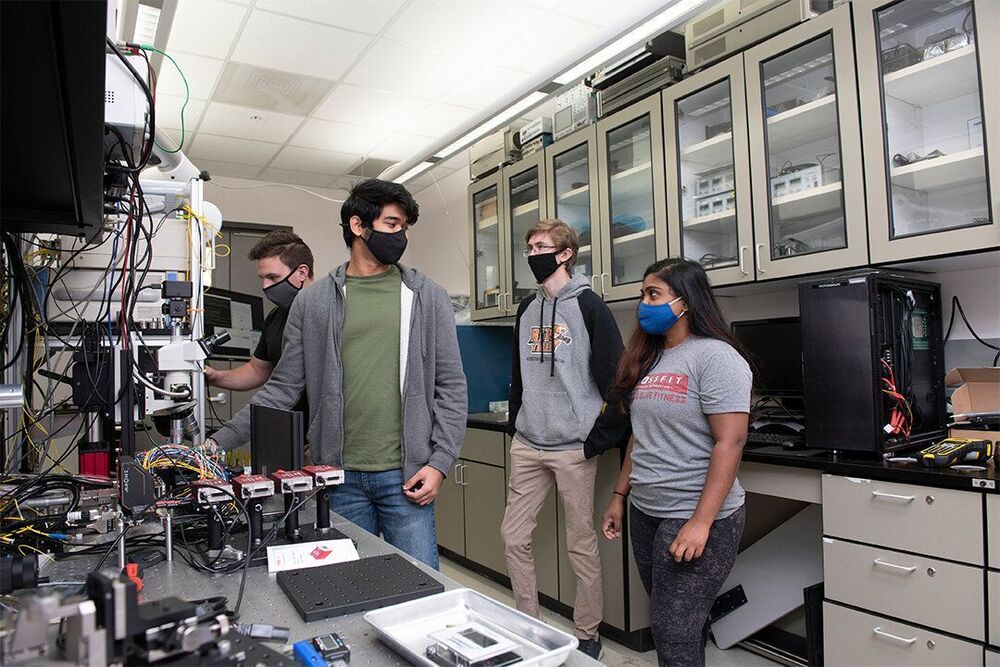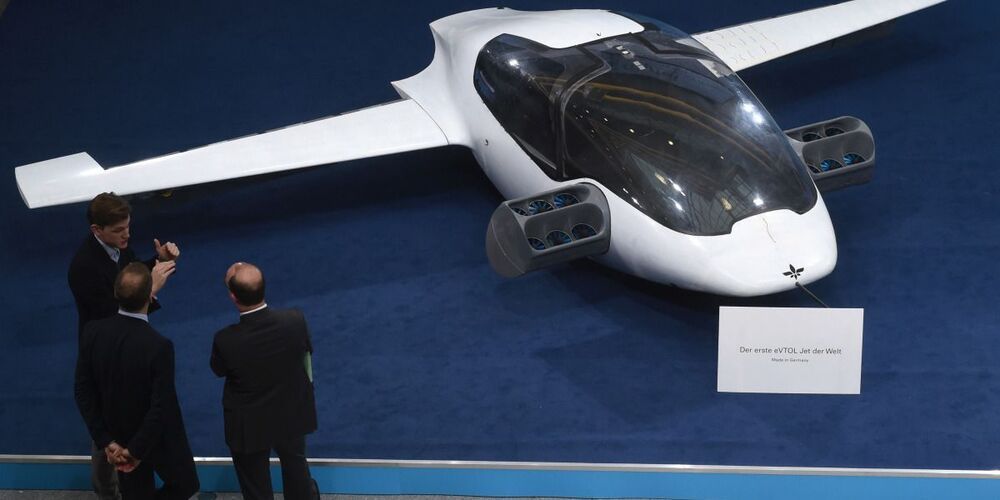
A new study outlines ways colleges and universities can update their curricula to prepare the workforce for a new wave of quantum technology jobs. Three researchers, including Rochester Institute of Technology Associate Professor Ben Zwickl, suggested steps that need to be taken in a new paper in Physical Review Physics Education Research after interviewing managers at more than 20 quantum technology companies across the U.S.
The study’s authors from University of Colorado Boulder and RIT set out to better understand the types of entry-level positions that exist in these companies and the educational pathways that might lead into those jobs. They found that while the companies still seek employees with traditional STEM degrees, they want the candidates to have a grasp of fundamental concepts in quantum information science and technology.
“For a lot of those roles, there’s this idea of being ‘quantum aware’ that’s highly desirable,” said Zwickl, a member of RIT’s Future Photon Initiative and Center for Advancing STEM Teaching, Learning and Evaluation. “The companies told us that many positions don’t need to have deep expertise, but students could really benefit from a one- or two-semester introductory sequence that teaches the foundational concepts, some of the hardware implementations, how the algorithms work, what a qubit is, and things like that. Then a graduate can bring in all the strength of a traditional STEM degree but can speak the language that the company is talking about.”


















